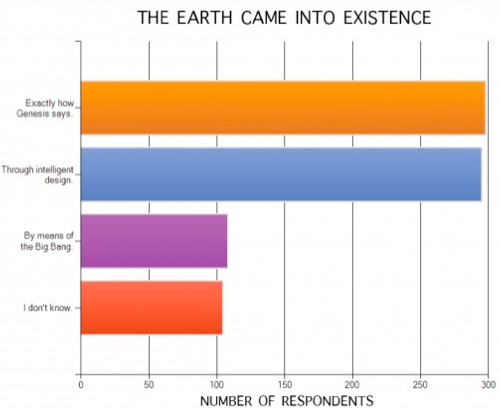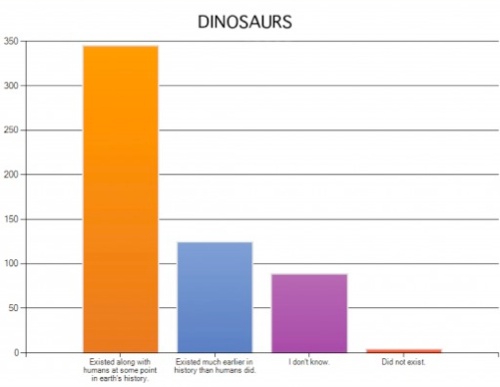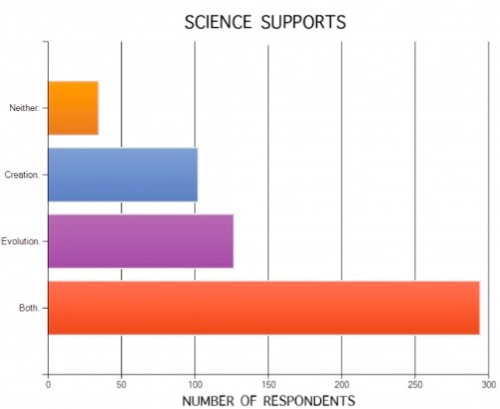I cannot remember a time when I didn’t suffer from what was later diagnosed as Bipolar Disorder. Imagine being a child (even under the age of 5) and being so depressed that suicide seemed the only option. I was raised as a practicing Christian. My mother took me to church every Sunday and I took in what was said. I believed that the way I felt was a punishment or moral failing from God for some failure on my part. I tried very hard to be “good.” When I reached middle school the illness reached its height. During my years in the fifth and sixth grade I was suicidal daily. Everything felt dark and unchangeable. I carried a piece of broken glass with me at all times so if the pain became too much I could slit my wrists at any moment. This was when the bipolar aspect really kicked in and I had psychotic symptoms. I thought people met and planned on ways to get me to kill myself; the blood couldn’t be on their hands. If people were talking and laughing as I went by, it must be about me. I redoubled my efforts to be good, even though the whole religion thing had begun to seem suspect. I clearly remember sitting in pew somewhere between the ages of 5 and 8 and thinking, “this just doesn’t make any sense.” Luckily for me, I was born with a very scientific mind. I always had questions and logic and science seemed to me to be the best paths to a clear answer. Initially these took the form of me questioning what was wrong with me, why was I a suffering? Between 5th and 8th grade I researched mental illness and determined I was suffering from either schizophrenia or bipolar disorder. I still believed, even with my scientific views, that my illness was my fault. The religion in which I was raised seemed to imply I simply needed to try harder and become a better Christian. I tried to reach out for help from adults, but my fear that my illness was brought on by myself precluded me from doing so. As I grew up, I began to question even more. I was always interested in astronomy and physics and they focused my mind on science and the scientific method. Despite my illness, I excelled in school. I moved on through high school and began college. I finally was able to ask my parents to send me to a psychiatrist. After trying several drugs, I found one that keeps the demons mostly a bay. I married a wonderful man. I continued schooling and received my AA, BS and recently my MS.
There is simply no way there is a god. Why would a god allow a child to suffer in the way that I did? Why would a god allow any child to suffer from disease, neglect or abuse? These were the initial questions that started my atheism. I always found the basic Christian tenets iffy at best, even when I was very young; but I thought it must be because I was not trying hard enough. As an adult, I now easily state my atheism when asked. I am surprised at how many people ask me, “but what happens when you die?” I find their fear of the unknown a poor basis for believing in a deity. I have experienced fear in my life, but I still look out at our amazing universe and am at peace with the idea that I may never know all the answers. And that’s ok.
Anonymous
United States




